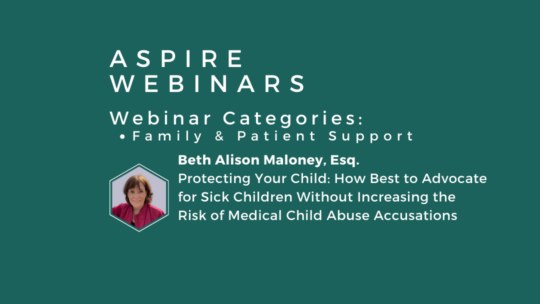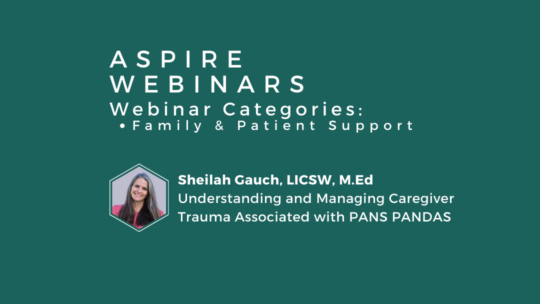Pediatric Acute-Onset Neuropsychiatric Syndrome: Current Perspectives
Antonella Gagliano, Alessandra Carta, Marcello G Tanca & Stefano
Sotgiu (2023) Pediatric Acute-Onset Neuropsychiatric Syndrome: Current Perspectives,
Neuropsychiatric Disease and Treatment, 1221-1250, DOI: 10.2147/NDT.S362202
“The current approach to PANS treatment emphasizes immunomodulation/anti-inflammatory treatments in association with both psychotropic and cognitive-behavioral therapies, while antibiotics are suggested when an active bacterial infection is established. A dimensional view, taking into account the multifactorial origin of psychiatric disorders, should suggest neuro-inflammation as a possible shared substrate of different psychiatric phenotypes. Hence, PANS and PANS-related disorders should be considered as a conceptual framework describing the etiological and phenotypical complexity of many psychiatric disorders.”



